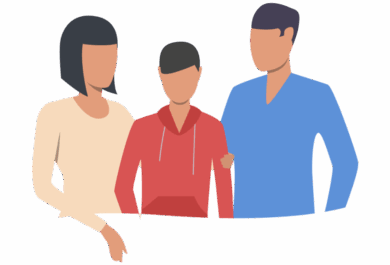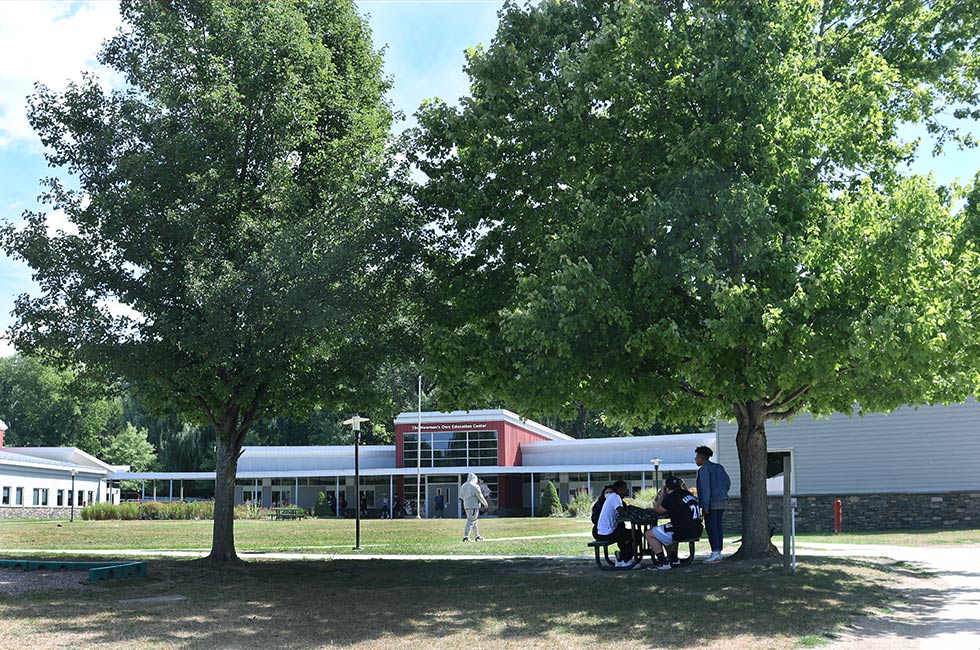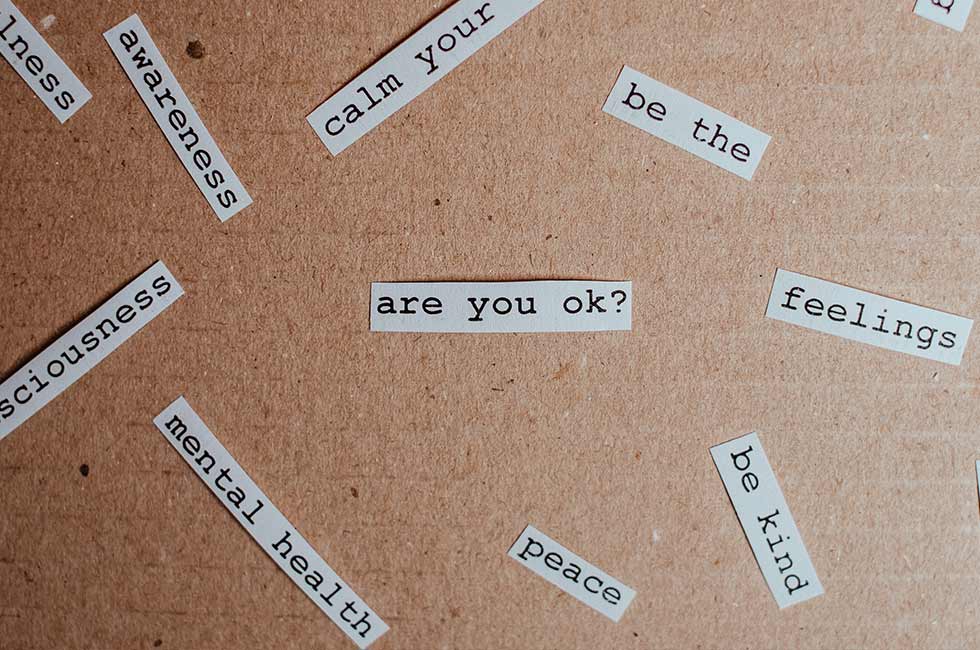Announcements


How children spend time after school is influential to their individual development. For youth attending Green Chimneys School and enrolled in residential treatment, the time outside of class is pertinent to receiving additional clinical support and expanding their social-emotional growth. Green Chimneys staff build a comprehensive after-school program that includes fun and recreational programming, opportunities to be active and explore interests, and therapy that reinforces healthy relationships and skill building.
Right now, as Green Chimneys students practice for the next Raptors basketball game, and attend Camel Club or one of the many other recreational activities, their after-school schedule also includes specialized therapy groups. These groups not only support each child’s therapeutic goals but also incorporate each student’s personal goals.
In an effort to support collaborative care and boost student investment in group therapy, staff in our Recreation Department began preparing months in advance. Last fall staff conducted a survey during which students identified the goal(s) that were most important to them. Once data was collected and analyzed, staff drafted students into specific group therapy sessions based on each student’s personal responses and feedback.
“In planning the group therapy in this way, we are intentionally prioritizing the student’s voice,” explains Clinical Coordinator Alison Uliss. “We are supporting students taking ownership of their needs and having an active voice in their therapeutic growth.” This is also one of the many ways in which an emphasis is placed on individualized and strength-based care, a core principle at Green Chimneys.

Sessions are primarily facilitated by our Certified Therapeutic Recreation Specialists and Licensed Creative Arts Therapists, all of whom have undergone years of extensive education and training in their respective fields.
| Sense of Self—Students will engage in interventions that will help them learn more about themselves with the intention of developing an appreciation for who they are and an idea of who they want to be. Targeted Goals · Identity exploration and development · Develop self-awareness and improve the sense of self · Identify areas of strength |
| Self-Expression—Students are given the opportunity to express and share their thoughts and feelings through the expressive arts. Targeted Goals · Increase expression of emotions and feelings · Expand range of expression · Channel challenging emotions into healthier outlets |
| Emotional Wellbeing—Students will learn how to identify emotions and how to handle them in a healthy way. Targeted Goals · Identify what emotion you are feeling in a given moment · Learn how to cope with different feelings and emotions · Learn why we have different emotions |
| Me + We—Starting with learning about themselves as individuals, students will then explore the various social environments that they are a part of, such as family, school, community, and online. Targeted Goals · Develop awareness of how one’s self affects and is affected by social systems and environments · Identify current and desired support systems · Learn how to maintain and build connections · Enhance social interaction and decrease isolation |
| Connecting with Others—Students will practice ways to make and keep peer relationships. They will find ways to feel like they belong in a group setting. Targeted Goals · Learn to socialize appropriately with peers · Improve their ability to make connections with peers · Express feeling like they belong to a group of people |
| Healthy Relationships—Students will reflect on relationships in their lives, improve their awareness of how they affect relationships, and identify ways to improve their relationships. Targeted Goals · Share about relationships in their lives and support their peers who also share · Reflect on how they affect the people in their lives · Enhance communication and take ownership to improve their relationships |
| Independence—Students will identify and practice skills needed for independence. Skills may include personal care, money management, healthy habits, household care, cooking, self-advocacy, self-agency, leisure interests, and experiences. Targeted Goals · Feel more confident in completing tasks independently. · Improve on personal care skills. · Identify three independent skills they want to improve on. · Learn how to spend free time and embrace activities of daily living |
In conjunction with its accredited special education program, Green Chimneys provides intensive structure and support to emotionally fragile youth ages 6-21 through residential treatment. Comprehensive programming and clinical support outside of the school day help children cope with challenges related to Anxiety Disorders, Attention Deficit/Hyperactivity Disorder (ADHD), Autism Spectrum Disorders, Post-Traumatic Stress Disorder, and Reactive Attachment Disorder, among others. Learn more

Crowned the best for falconry in medieval times, gyrfalcons were once reserved for kings. As the largest falcon in the world, with exquisite plumage ranging from bright white to deep charcoal, gyrs are revered for their powerful skill of flight. Their long wings make hunting waterfowl from 3,000-feet-high a feasible and fantastical feat. This falcon was flown in the sport of falconry for several years.